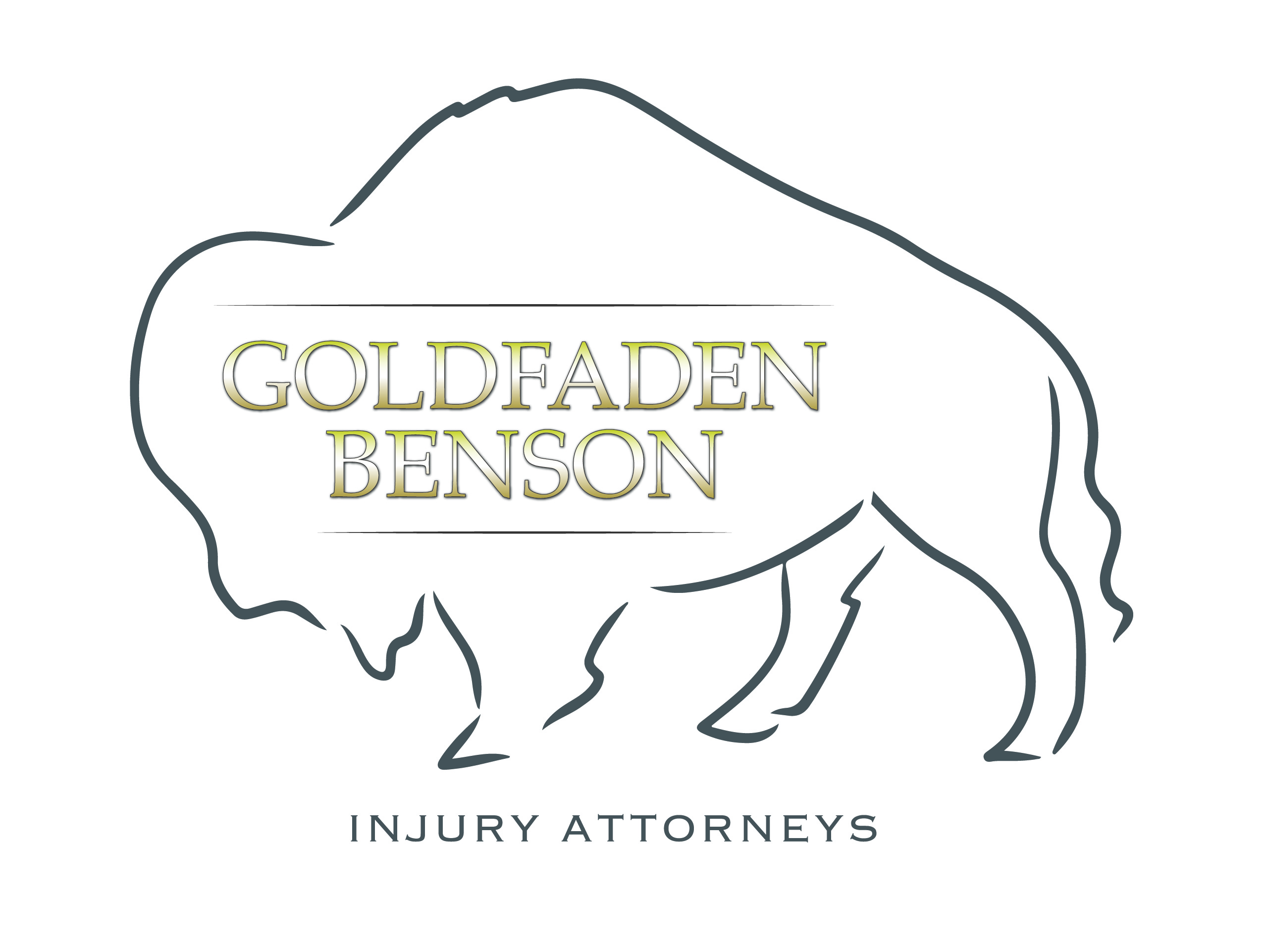Title: Understanding Conversion: A Personal Injury Cause of Action
In California, conversion is a legal term that refers to an individual or entity wrongfully exercising control over someone else's property. Essentially, if someone takes or uses your property without your permission, they may be committing conversion. While you may not think of property disputes as part of personal injury law, conversion can lead to serious emotional distress, financial loss, and other damages.
What Needs to Be Proven for Conversion
To prove conversion, the plaintiff must establish specific elements:
1. **Ownership or Right to Possess**: The plaintiff must demonstrate that they owned or had the right to possess the property in question.
2. **Substantial Interference**: The defendant's actions must have substantially interfered with the plaintiff's possession of that property. This means that the defendant effectively took control of the item or made it unusable for the owner.
3. **Intentionality or Negligence**: The defendant must have acted intentionally or negligently in taking or controlling the property. Proof that the defendant knew they did not have permission to use the property is often critical.
4. **Harm**: Finally, the plaintiff must show that they were harmed as a result of the defendant's actions. This could include financial losses, costs associated with recovering the property, or emotional distress caused by the unauthorized control of the property.
Relatable Scenarios
Imagine if a friend borrowed your expensive camera but then decided to keep it permanently without discussing it with you. You have a rightful claim to that camera, and by not returning it, your friend may be committing conversion. Not only have they taken something that belongs to you, but you may also face distress over your lost property and the financial implications of needing to replace it.
The reality is that conversion doesn't always involve theft in the traditional sense; it can manifest in various ways, including carelessness in handling someone's belongings. For instance, if someone inadvertently damages your property while using it without your consent, they can still be held liable under conversion if the damage is substantial enough and can be proven.
Final Thoughts: Seeking Legal Help
Understanding conversion is crucial to guarding your rights as a property owner. If you find yourself a victim of conversion, it's essential to document the situation thoroughly and consider seeking legal assistance.
If you have questions about conversion or any other personal injury matters, don’t hesitate to contact Goldfaden Benson. Navigating the complexities of personal injury law can be daunting, but getting the right guidance makes all the difference.
Have you or someone you know ever dealt with a property conversion issue? What happened, and how did you resolve it? Share your experiences in the comments below!







